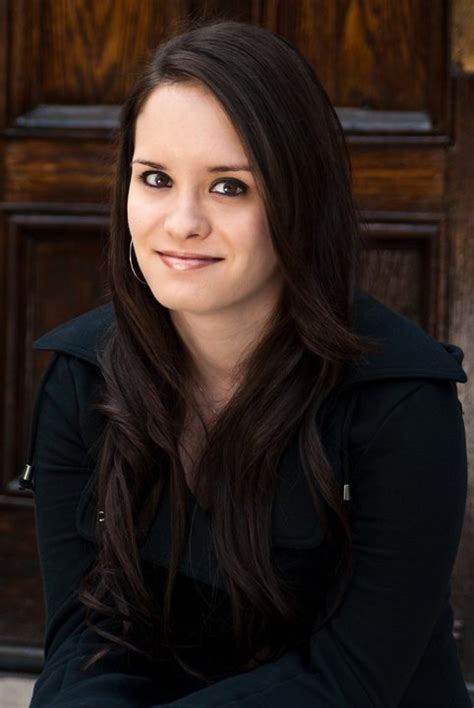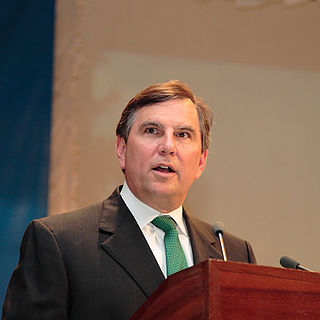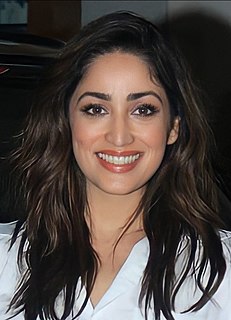A Quote by Geoffrey Rush
I was not the young heroic model for 'Hamlet.' I tended to play those characters that orbited around them: the rogues and the rat bags and the idiots and the fools and the clowns that sway the plot somehow from a tangent.
Related Quotes
Somehow super power and hero are so synonymous that they get combined into one word, 'superhero,' whereas I'm kind of more interested in separating those two ideas out. You have characters with super powers who may or may not be heroic, because human beings aren't all heroic. I tend to be drawn to antiheros.
Even in the tragedies, Shakespeare always put in parts for the comic actors because his audience was mixed. He puts in people who talk like aristocrats. He puts in idiots and fools. He puts in certain middle-range characters. And when you go to the Globe, you realize how that all works. The people who paid more sat in seats around the edge. Everybody else paid a penny. They put it into a tin box - that's why we call it the "box office." They stood in the pit, but they were very close, so when Hamlet was doing his soliloquy, it was addressed to you, the audience - right there.




































